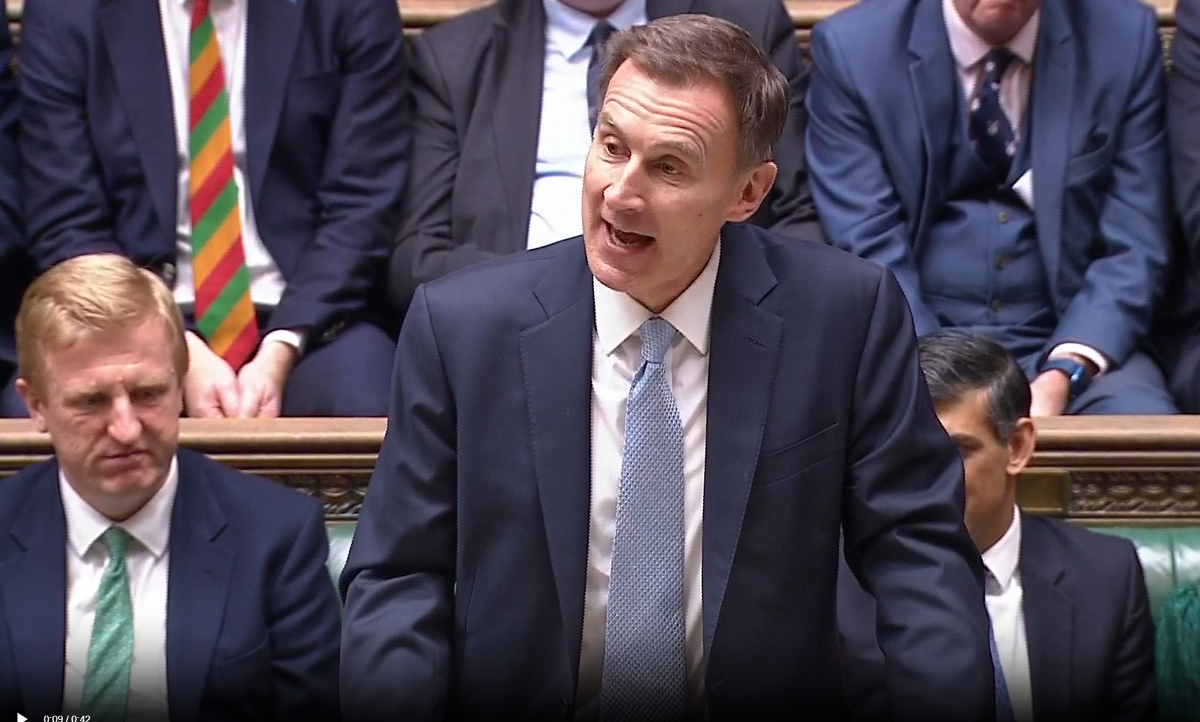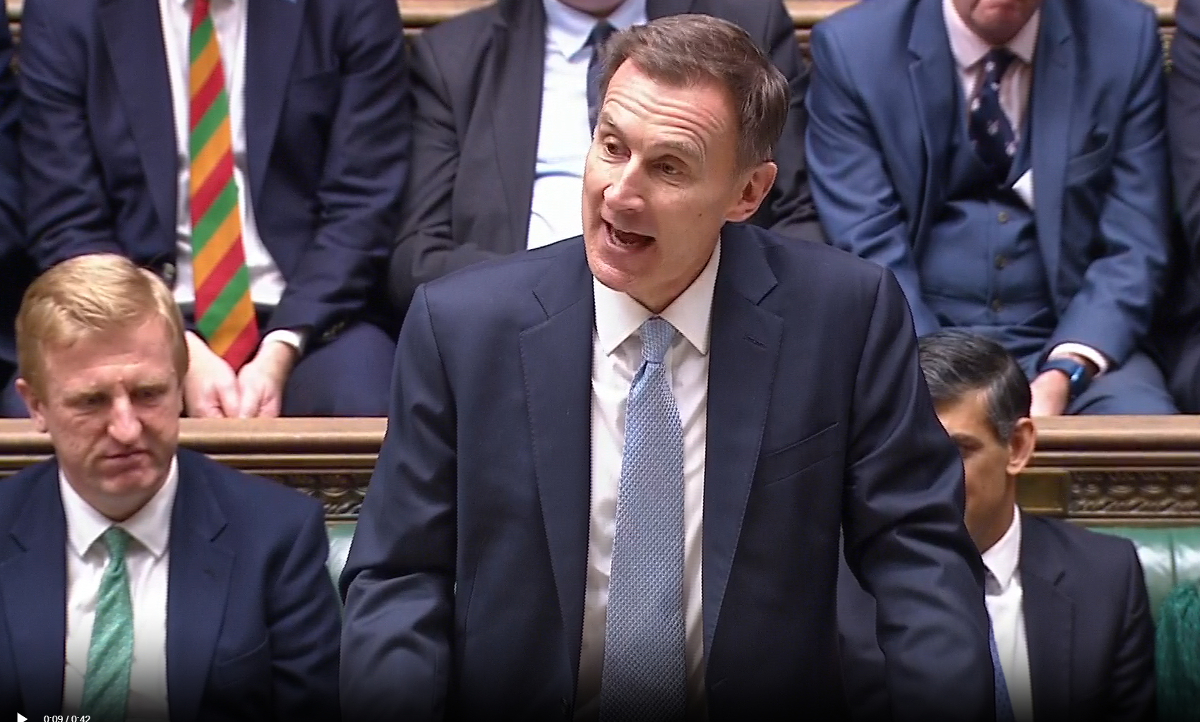Budget 2024: No10 claim Hunt trying to ‘blame referee’ as OBR row heats up
Jeremy Hunt is trying to “blame the referee” amid a row over an OBR review into the previous government’s departmental spending plans, No10 has claimed. The former Chancellor has criticised the Office for Budget Responsibility (OBR) for choosing to publish its findings as to whether it was given adequate financial information from Conservative ministers ahead [...]


Jeremy Hunt is trying to “blame the referee” amid a row over an OBR review into the previous government’s departmental spending plans, No10 has claimed.
The former Chancellor has criticised the Office for Budget Responsibility (OBR) for choosing to publish its findings as to whether it was given adequate financial information from Conservative ministers ahead of the last Budget, on Wednesday, 30 October.
In a letter dated 25 October to OBR chairman Richard Hughes, the now shadow Chancellor said the date of the release was “a surprise and significant concern”, and suggested it was “impossible to defend as anything other than a political intervention”.
He added: “I don’t believe publishing a review with criticisms of the main opposition party on the day of a Budget is consistent with political impartiality.”
Chancellor Rachel Reeves – who will deliver her first Budget as Labour’s first female Chancellor on 30 October – has frequently criticised Hunt since being elected, including claiming he hid spending pressures from voters and the UK’s independent fiscal watchdog.
The OBR’s review will focus on the “adequacy of the information and assurances” it received.
In response, Hughes defended the OBR in a letter published on the regulator’s website, which said the review was solely concerned with “the quality and extent of information” supplied by the Treasury.
OBR and No10 response
He said: “The findings and recommendations solely concern the institutional relationship between the OBR and Treasury.
“It does not disclose advice provided to ministers nor comment on, or refer to, the conduct or decisions of ministers.”
Now the Prime Minister’s official spokesman has told reporters that the watchdog is not being used as a political tool.
He said: “The answer is not to blame the referee, face up to the challenges we face and be honest about the trade-offs and choices the government face, not pretend they don’t exist.
“That’s why the government is strengthening the OBR through the Budget Responsibility Act to ensure that it’s never sidelined again, like we saw during the mini-budget.
“The government has been upfront about the black hole of the nation’s finances and it fully backs the OBR and the independent scrutiny it provides.”
Since the election, Reeves has consistently highlighted its criticisms of the state of the public finances, ahead of an expected slew of tax rises set to be unveiled at the despatch box.
‘£22bn black hole’ questions
However, it has not been made fully clear how the Treasury calculated the figure, which Reeves calls the ‘£22bn black hole’, with a Freedom of Information (FoI) request by the Financial Times not being answered, the newspaper said.
Hunt also wrote to the cabinet secretary Simon Case to complain that the report “will be used for highly political purposes” and has not been shown in advance to Tory former Treasury ministers.
He told Case: “I am a strong supporter of the OBR and its role in enhancing the UK’s economic credibility.
“But I hope you would agree that straying into political territory and failing to follow due process like this demeans it and also is deeply problematic for perceptions of the impartiality of the Civil Service.”
And Hunt and Reeves clashed over the issue at Treasury questions in the Commons on Tuesday, with the shadow chancellor accusing her of “inventing this fictitious black hole” and “planning the biggest tax-raising budget in history”.
While Reeves insisted: “I think it is important we don’t deny the seriousness of the situation that we face with the black hole in the public finances.
“Combined with lashing out at independent economic institutions, (it) suggests that he’s got more in common with Liz Truss or Kwasi Kwarteng than perhaps we thought.”


